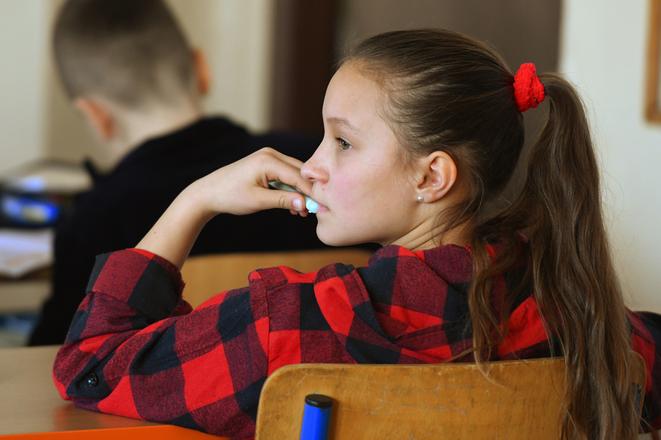A few years ago, I visited Bratislava as a tourist. I planned on visiting Košice, but in the end didn't have enough time. Now, in times terrible for Ukraine and dangerous for the whole of Europe, my daughter and I ended up in Košice as war refugees. Slovak hospitably has given us a roof over our heads, schooling for my daughter and an opportunity for me to work and help other refugees through volunteering. Therefore, I can closely observe the life of compatriot fugitives from war, including how Ukrainian children feel in Slovak schools.
According to the Slovak Education Ministry, many schools and kindergartens have already accepted many Ukrainian children, especially in large cities where refugees tend to flock. When I called kindergartens near me a few weeks ago to find a place for my daughter Sofia, they had none to offer. With the help of Monika, who was kind enough to let us live with her in her apartment in Košice, Sofia got a place in a full-time preschool group in a Catholic school.
Most Ukrainian families who have found a temporary refuge in Slovakia go about education for their kids in one of three ways: their children continue distance learning in Ukrainian schools, they are enrolled in Slovak schools, or some even manage to combine distance learning with Ukrainian teachers with in-person classes at a Slovak school.
15-year-old Valeria from Kryvyi Rih was admitted to the Gymnasium of Milan Rastislav Štefánik in Košice. After a few days, she decided to focus on online classes with her Ukrainian school, even though she felt welcomed and accepted by classmates and teachers.
"The problem is that this is a school with an in-depth study of the Russian language, and I do not want to have anything to do with it," she admitted.


 Ukrainian refugees at Taras Shevchenko Primary and Grammar School in Prešov (source: TASR)
Ukrainian refugees at Taras Shevchenko Primary and Grammar School in Prešov (source: TASR)